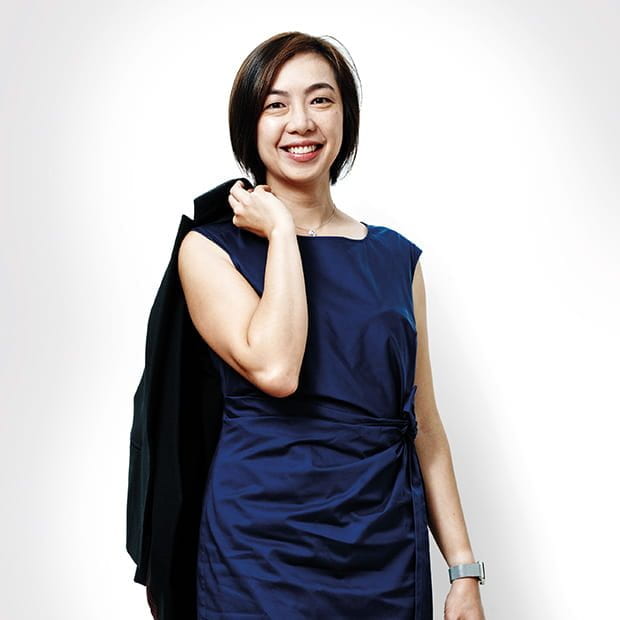Fighting for equality in medicine
By Cecilia Dowling
Since 2017, Dr Ada Cheung (MBBS(Hons) 2003, PhD 2017) has focused her physician expertise and research skills on improving medical services for transgender Australians.
Dr Cheung began seeing transgender patients in 2016 after a lunch with Professor Jeffrey Zajac (MBBS 1977, PhD 1985), Director of Endocrinology and Head of the University of Melbourne Department of Medicine at Austin Health.
“Jeffrey was seeing more and more transgender people, but he couldn’t find anybody else willing to see them. I was astounded that doctors could refuse to see patients,” she says.
At the time, Dr Cheung was near to completing her PhD, exploring the long-term effects of hormone therapy for prostate cancer on muscle and bone. Her award-winning research provided many opportunities for career progression, but it had not been an easy road.
“As an Asian woman with two young children, I was used to fighting gender discrimination. I had endured racial abuse just before speaking with Jeffrey,” she says.
“When I heard about discrimination in the transgender community, it really struck a chord with me.”
She established the Trans Medical Research group to conduct research that would guide clinical care improvements for transgender people. First was a project that documented the 10-fold rise in transgender patients seeking medical services over five years, then a study with 1000 Australian transgender adults.
“It’s been really satisfying to see our research translated into policy and delivered on the ground.”
“I listened to hundreds of stories of difficulty accessing medical care and societal discrimination,” she says.
“Our survey asked what members of the trans community thought the top priority for funding should be or what their biggest health issue was. It wasn’t hormone therapy. It was better training for doctors in trans health.”
Next, the group surveyed doctors and found that 96 per cent of them had never been taught about transgender health in medical school. Many lacked confidence and wanted more training.
“We took our research to the Department of Human Services and the Minister for Equality, the Hon Martin Foley MP (MCom 2001), and the government responded,” she says.
In late 2018, the Victorian Government announced a $3.4 million investment to better meet the health needs of trans and gender diverse Victorians. New multidisciplinary health clinics are being established, and a state-wide training program implemented for health professionals.
“It’s been really satisfying to see our research translated into policy and now delivered on the ground,” says Dr Cheung.
The Trans Medical Research group plans to launch a longitudinal Australian gender health study, a little like the Census.
“We want the study to empower the transgender community to guide policy makers into investing in health and wellbeing programs for the community,” she says.
“Forty per cent of trans people have attempted suicide. We don’t understand the long-term effects of hormone therapies, we don’t know what happens with ageing, heart disease or cancer. Our team want to provide an evidence base for treatments and to see mental health outcomes improve. Societal culture needs to change, and we hope to contribute a little.”



